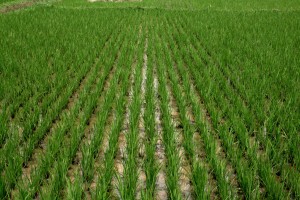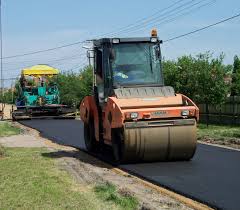The Rice Farmers Association says government must give subsidies to farmers to protect the local rice industry.
This the group says is as a result of the dwindling effect of investments in local rice production in Ghana. Ghana is said to be over the years dependent on importation of rice for 70% of local demand.
Several attempts to make Ghana self-sufficient with regards to rice supply is however proving difficult with the blame for this situation largely placed at the doors of the Bretton Woods Institutions, the International Monetary Fund (IMF) and World Bank, and consecutive governments. The Bretton Woods Institutions are said to have insisted that Ghana follows a liberated trade policy that opened its doors to importation of rice from both America and Asian countries before they supported Ghana with development aid and loans.
In recent years a lot of emphasis have been placed on moving the country from import dependency to self-sufficiency; something that seem very difficult because imported rice seem to still flood our market.
National Chairman of the Rice farmers Association (RFA) Philip Akpoka tells rawgist.com the industry can survive if government helps them with the right laws and financial support.
“Our number one challenge is the subsidies for farmers and on fertilizer, inadequate lab preparation machinery, also lack of combined harvesting machines, tractors for harrowing among others. We had some arrangements with governments and they were able to bring some equipments but that was not enough.”
“Education of the Ghanaian public on their taste and preference for imported rice is also an issue government is to deal with since locally produced rice is said to be more nutritious”, Philip Akpoka said.
We can produce to feed the country and even export to the West African sub region when the right things like setting up the processing plants, growing the Ghanaian preference for locally produce rice, giving subsides and others.





